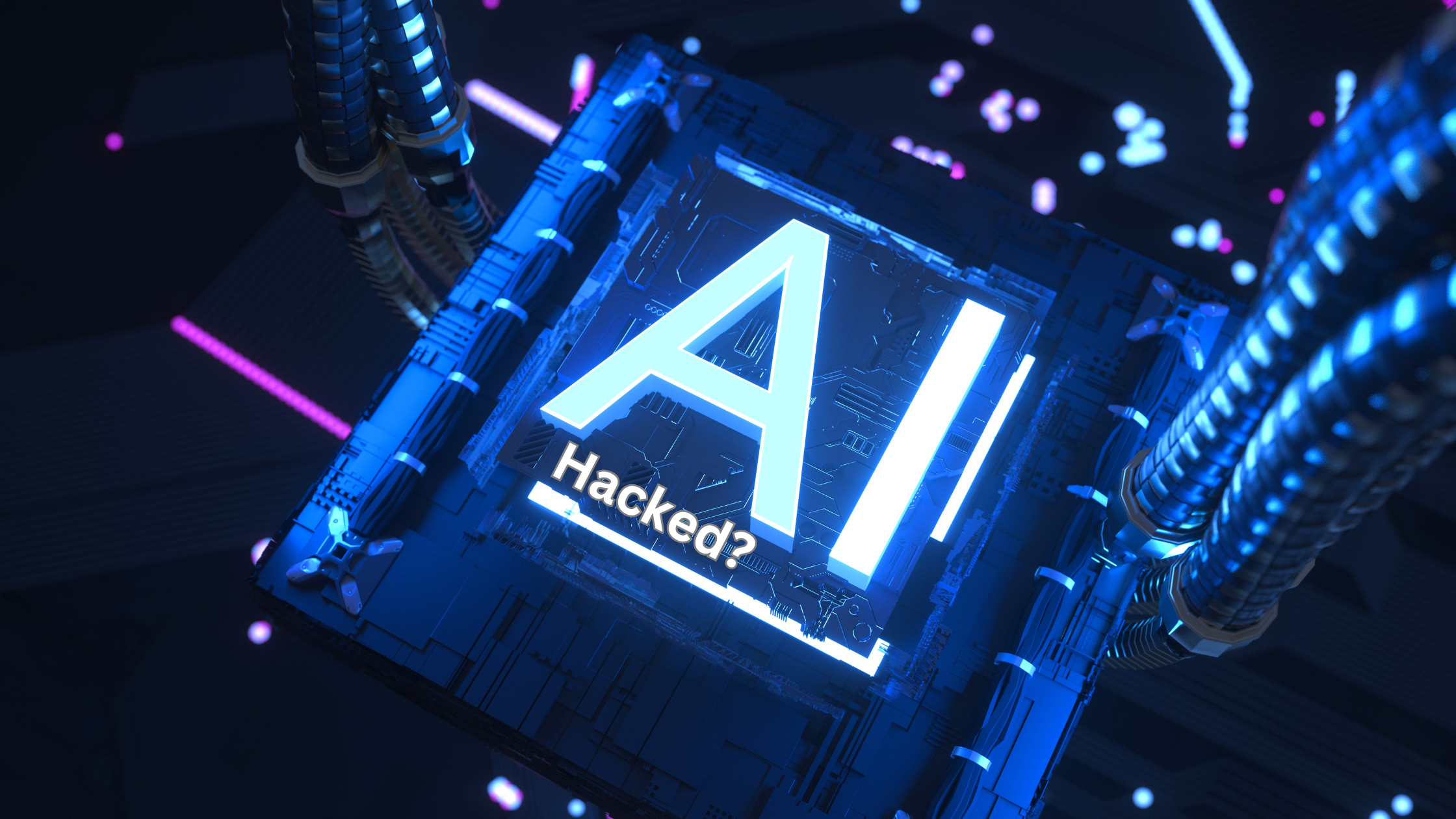Can AI Be Hacked?

Artificial Intelligence (AI) is making waves across industries, transforming the way we work, shop, and even entertain ourselves. But as AI systems grow more advanced, they also become juicy targets for hackers. So, can AI actually be hacked? The answer isn’t just a simple yes or no. Let’s dive into this fascinating topic and explore how vulnerable AI really is—and what can be done about it.
AI’s Achievements Come with Risks
You’ve probably heard about AI doing incredible things, like writing essays, diagnosing diseases, or even driving cars. Sounds great, right? But here’s the flip side: the more AI integrates into our lives, the more attractive it becomes to cybercriminals.
Imagine a hacker tweaking a self-driving car’s AI to misread traffic signals or manipulating a voice assistant into revealing sensitive information. These scenarios aren’t just sci-fi—they’re real risks. AI relies on massive datasets to make decisions, and if those datasets are tampered with, the results can be disastrous. It’s like feeding your GPS the wrong directions and expecting to arrive at your destination. Spoiler alert: you won’t.
How Do Hackers Target AI?
You might be wondering, “How do hackers even hack AI?” Well, AI systems aren’t magical—they’re made of algorithms, code, and data, just like any other software. And just like traditional systems, they can have vulnerabilities.
One common attack method is DATA POISONING. This happens when hackers insert false data into the system’s training dataset. For example, if an AI is trained to recognize fraudulent transactions, a hacker could inject fake transactions that the AI wrongly labels as “safe.” Over time, the AI becomes less reliable and easier to exploit.
Another technique is ADVERSARIAL ATTACKS, which are as sneaky as they sound. Hackers feed the AI subtle, misleading inputs that trick it into making incorrect decisions. Picture a facial recognition system being fooled into identifying a photo of a cat as a person. It sounds absurd, but it’s entirely possible with the right tweaks.
Is AI Really That Vulnerable?
Now, before you start unplugging all your AI-powered gadgets, let’s set the record straight: AI isn’t hopelessly vulnerable. In fact, many AI systems are designed with robust security measures to detect and counteract malicious behavior. But no system is 100% foolproof.
The problem lies in the fact that AI is still relatively new. Developers are so focused on making AI smarter and more efficient that sometimes security takes a back seat. And here’s where hackers come in—they exploit these overlooked vulnerabilities.
But don’t lose hope. As AI evolves, so do its defenses. Companies are investing in techniques like adversarial training, where AI learns to recognize and resist hacking attempts. It’s like teaching your dog not to fall for the “fake throw” trick.
What Can Be Done to Protect AI?
You might be thinking, “If hackers can hack AI, are we doomed?” Absolutely not. Just like we’ve developed firewalls, encryption, and antivirus software to secure traditional systems, there are ways to safeguard AI too.
First and foremost, regular audits are a must. AI systems need constant monitoring to spot vulnerabilities before hackers do. It’s like giving your car a regular tune-up to avoid a breakdown.
Next, there’s the importance of ethical hacking. Companies hire cybersecurity experts to simulate attacks on their AI systems. This helps identify weak spots and fix them proactively. So yes, those “good guy” hackers you hear about are heroes in this story.
Lastly, raising awareness is key. Developers, businesses, and even users like you should stay informed about potential risks. After all, the more we understand AI’s vulnerabilities, the better we can protect it.
Can AI Be Hacked? The Bottom Line
So, can AI be hacked? The answer is a cautious yes. Like any technology, AI has its vulnerabilities, and hackers are always looking for ways to exploit them. But the good news is that we’re not powerless. With continuous advancements in cybersecurity, ethical hacking, and smarter AI defenses, we’re fighting back against these threats.
The real takeaway? AI isn’t invincible, but neither are hackers. It’s a constant game of cat and mouse, and for now, we’re staying one step ahead. So, the next time you ask your AI assistant to play your favorite song or help with a task, you can rest a little easier knowing that cybersecurity experts are working hard to keep things safe.
And if you’re someone who loves exploring tech topics like this, stay tuned—there’s always more to uncover in the world of AI and cybersecurity!
